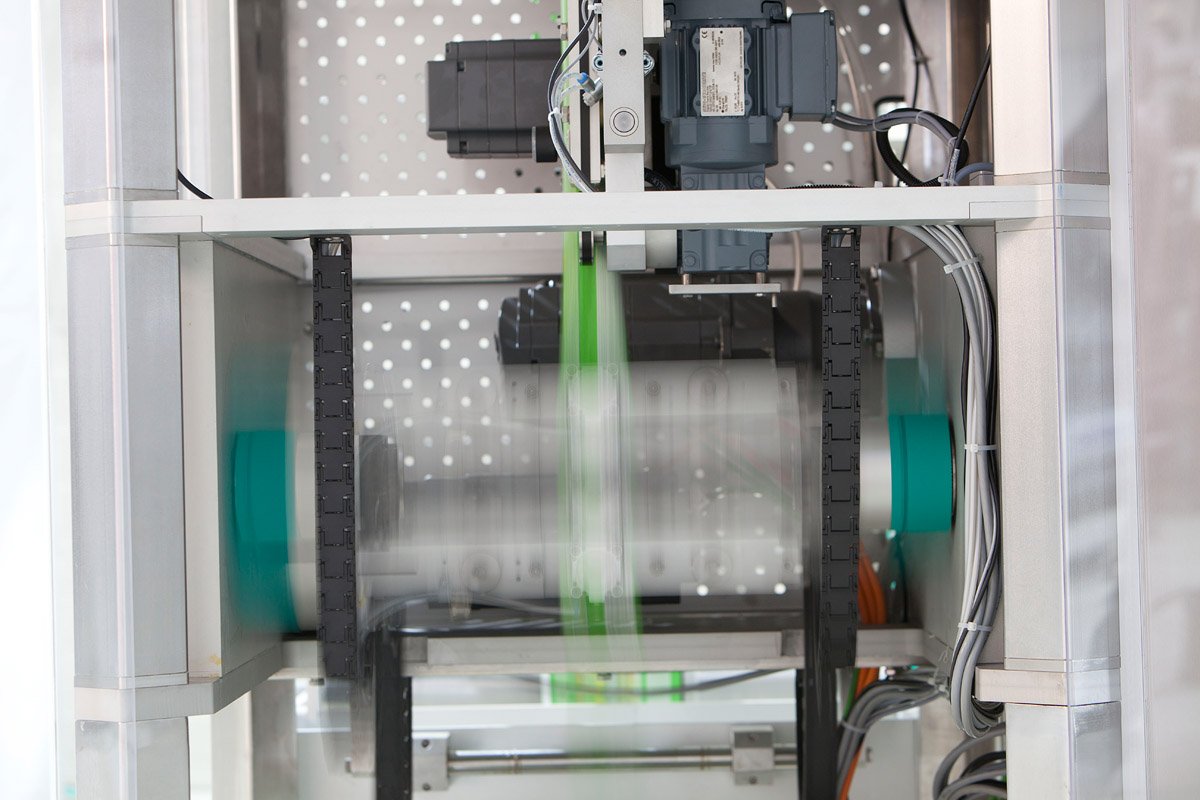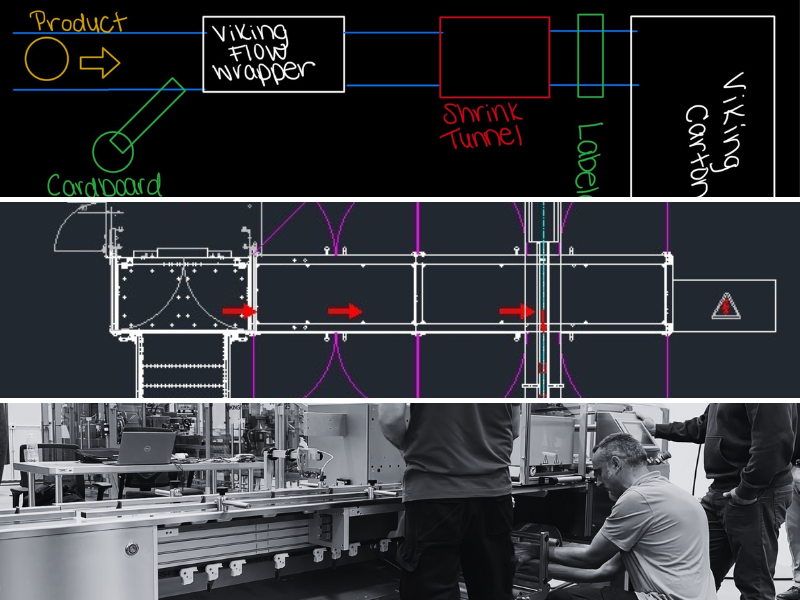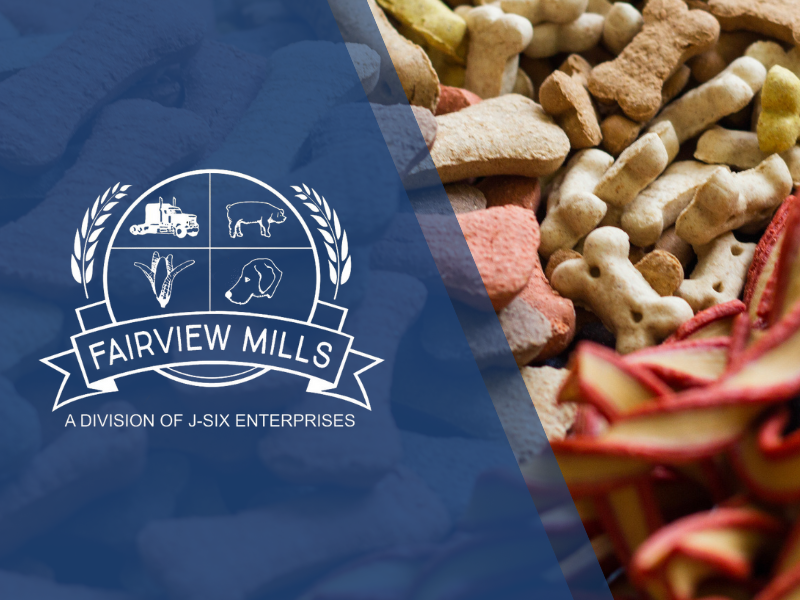Questions to Ask OEMs when Selecting Packaging Equipment | Contract Packaging
By Nick Roelse on November 13, 2017

If you're a contract packager, the trust of your clients is everything. You must provide efficient, quality packaging services every time, and reliably hit your numbers. This is accomplished by investing in quality, robust packaging equipment. Before you cut the purchase order to your OEM, however, make sure to ask them the following 5 questions:
1. How fast can the machine run?
Speed and accuracy are the name of the game in the contract packaging world. You need to hit your numbers and meet or exceed the requirements of your customers. Your reputation depends on it.
When speed is the most important consideration, continuous motion VFFS machines are a top choice. As their name suggests, these machines are designed to package continuously so lost cycle time is virtually eliminated. Because of this, continuous motion VFFS machines are capable of reaching speeds as high as 300 cycles per minute.
VFFS machines can also be designed with a short drop, meaning space between the filler and machine is minimized. This means product dropped from the filler has much less space to cover until it reaches the bottom of the bag, allowing for increased speeds.
2. How is the machine constructed?
Robust, fully stainless steel construction is the way to go. Stainless steel has unique attributes that make it a top choice for packaging equipment construction. It has a high strength-to-weight advantage, making it uniquely resistant to corrosion, chemicals, and high heat at a reduced thickness as compared to other materials.
If your machine will be exposed to intensive cleaning protocols or will need to withstand harsh plant conditions, ensure that an upgrade to washdown construction is available and that the IP rating of enclosures matches your plant environment.
 3. How are the sealing jaws designed?
3. How are the sealing jaws designed?
Sealing jaws should be forged from a single piece of material. This ensures even heating and pressure over the entire jaw. When heating or pressure is uneven, seal integrity can be compromised, leading to wasted product and material as a result of “leakers”.
Most packaging machines have one set of sealing jaws. But if you are looking for the ultimate in speed, inquire about a VFFS machine with dual sealing jaws. The advantages of 2 independent sets of jaws are:
- Creates a very fluid motion, greatly minimizing wear and tear
- Doubling the dwell time is possible, which creates a better seal
- Packaging speeds can be doubled
4. How much space does the machine require?
Space is at a premium in contract packaging facilities, especially in places where adding on to the building is impossible because of space limitations or prohibitive cost. A smaller, compact machine is almost always better.
5. What level of service and maintenance support is provided?
If you are experiencing issues with your equipment, every second of downtime is money down the drain. Make sure your OEM provides responsive support via flexible channels. Inquire about the costs related to support and what is and is not included. Also ask about average yearly maintenance costs. Lower costs generally mean a more solidly-built machine.
Want to see high-speed VFFS equipment in action? Check out the VFFS Velocity packaging jelly beans at 150 bags per minute:
Related Posts

Unwrapping Tomorrow: Exploring the Latest Food Packaging Trends

Optimizing packaging efficiency: The role of Flow Wrapping Machines in integrated systems
